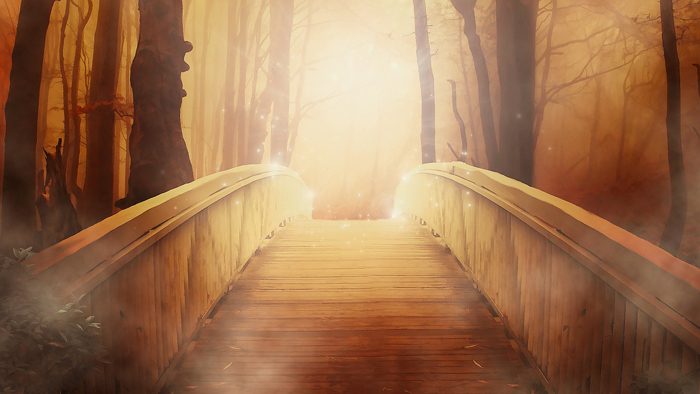
In my recent effort to find and bring more comfort into my life, a few weeks ago, I shared a soothing graduation speech about kindness. The poet, Hayden Carruth, was quoted beautifully in words expressed towards the end of his life. He described himself: ‘Now, I am almost entirely love.’ How beautiful his words are. I love when something – a poem, story, sunset, painting, etc. – takes me out of the rigor of our days that can be hard to ignore and transports me into a place not bound by anxieties, stress, or bad behavior.
Any concerns, fears, desires to control, or unhappiness falls away when I am open to and spend time in places like the words of Hayden Carruth.
The graduation speech by George Saunders that contain Hayden’s poem, ‘Testament,” went viral. While its deeply moving focus is on marriage, the words of love are universal and spoke to me on many levels, especially about aging and our lives winding down. I love and was comforted by this:
Testament
by Hayden Carruth
So often it has been displayed to us, the hourglass
with its grains of sand drifting down,
not as an object in our world
but as a sign, a symbol, our lives
drifting down grain by grain,
sifting away — I’m sure everyone must
see this emblem somewhere in the mind.
Yet not only our lives drift down. The stuff
of ego with which we began, the mass
in the upper chamber, filters away
as love accumulates below. Now
I am almost entirely love. I have been
to the banker, the broker, those strange
people, to talk about unit trusts,
annuities, CDs, IRAs, trying
to leave you whatever I can after
I die. I’ve made my will, written
you a long letter of instructions.
I think about this continually.
What will you do? How
will you live? You can’t go back
to cocktail waitressing in the casino.
And your poetry? It will bring you
at best a pittance in our civilization,
a widow’s mite, as mine has
for forty-five years. Which is why
I leave you so little. Brokers?
Unit trusts? I’m no financier doing
the world’s great business. And the sands
in the upper glass grow few. Can I leave
you the vale of ten thousand trilliums
where we buried our good cat Pokey
across the lane to the quarry?
Maybe the tulips I planted under
the lilac tree? Or our red-bellied
woodpeckers who have given us so
much pleasure, and the rabbits
and the deer? And kisses? And
love-makings? All our embracings?
I know millions of these will be still
unspent when the last grain of sand
falls with its whisper, its inconsequence,
on the mountain of my love below.

